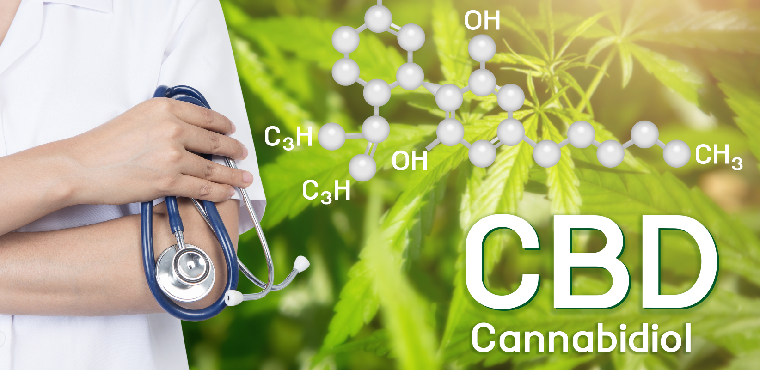
Jun 6, 2019
How to Start Private Labeling CBD Products
Private Labeling CBD Products
It is no secret that the CBD market has immense potential, but even still, that potential is often underestimated. According to the Brightfield Group, a cannabis industry analysis firm, the CBD industry, which had a value of $688 million in 2016, is estimated to skyrocket to an incredible $22 billion by 2022. Thanks to the 2018 Farm Bill, hemp-derived CBD specifically was legalized federally in all 50 states. Its popularity is growing exponentially, and because research on the benefits of CBD is still fairly scarce, we haven’t even scratched the surface of its various uses.
With big retailers such as CVS and Walgreens announcing that they will start selling CBD in eight and nine US states respectively, the market has opened up for private label CBD brands. These retailers are investing in creams, sprays, roll-ons, lotions, and salves containing CBD. Food additives and supplements will not be made available though since the CBD industry is still a legal grey area in some states.
Uses for CBD
CBD has various uses, and as the drug becomes more widely available, we are discovering new benefits. Currently, it proves beneficial when taken as a daily supplement in pill form for chronic pain or anxiety, used as a lotion on the skin for localized pain and inflammation, as a tincture for insomnia and depression, or when consumed by vaping the oil in an e-cigarette for anxiety, nausea and more.
Promoting your product
We know that CBD is useful for a variety of ailments, from sleep disorders to treating appetite and weight loss. CBD binds with serotonin receptors in your body to reduce stress, social anxiety and to treat depression. It also helps fight nausea and assists in falling asleep. However, due to a lack of research, you should be very careful about making any claims to these benefits on the product you plan to sell. To date, only one pharmaceutical CBD product has gone through the legal process to successfully gain FDA approval, so choose your wording very carefully when promoting your product. For legal reasons, you cannot guarantee any health benefits from using CBD, use words such as “enhance” and “promote” to explain the potential benefits of your product.
Finding manufacturers
The federal law states that only CBD derived from hemp plants with less than 0.3 percent THC is legal. For this reason, you should be very careful when selecting a manufacturer. If you source your CBD oil from a manufacturer in a state where recreational or medical marijuana is legal, you might not run into any trouble until you try and sell your product outside those states. Ensure that your supplier is sourcing CBD oil from the hemp plant, the low THC strain that is part of the sativa family. Find out which states the manufacturer you are speaking to already supplies since that will be a good way to avoid legal issues.
Request a cGMP (Current Good Manufacturing Practice) document from any supplier you consider. This will indicate that they are following state and FDA regulations. Insist on getting a COA (Certificate of Analysis) which is a lab report on the chemical makeup of a product. It shows the contents of the cannabinoids and other tested compounds such as heavy metals and confirms the amount of THC in your hemp extract.
Laying the foundation for your CBD business
As with any business, it is essential that you pay attention to your legal setup, especially when many companies are still getting in trouble for not following the law to the letter when it comes to selling CBD. The industry is still fairly new, and therefore there are some risks that come with the high profit margin.
Be sure to incorporate and protect your personal assets when you set up your business. Separate your personal and business banking by opening separate accounts, and take out insurance to protect your business from potential lawsuits.
Evora CBD products
Evora has been expanding our private label CBD business, taking advantage of the opportunity legal CBD has provided in the private label industry. We are already supplying private label brands with CBD tinctures, gummies, soothing rub, skincare, and roll-ons. Other items in our catalog include CBD Soft gels, reef-friendly sunscreen containing CBD, reef-friendly continuous sprays sunscreen containing CBD, reef-friendly sun sticks, and burn relief aloe gel with CBD.